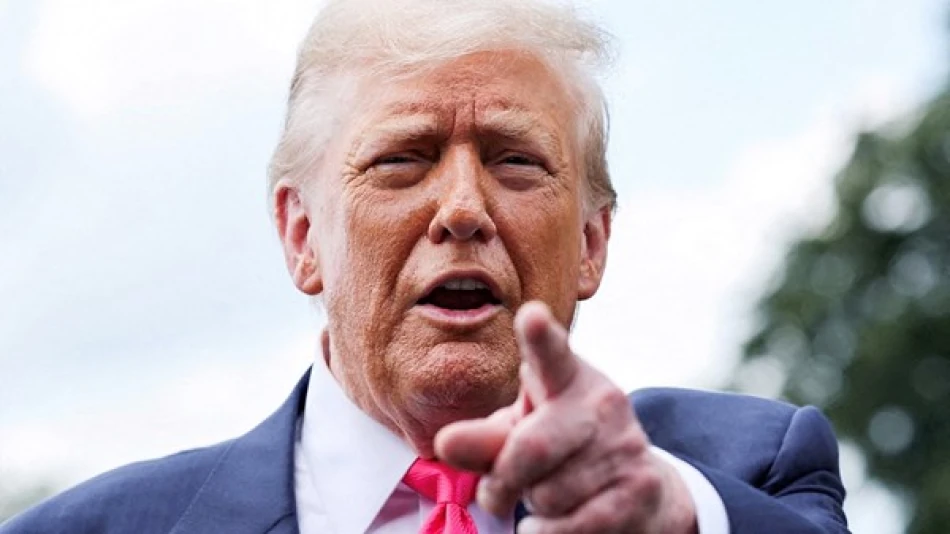
America Withdraws from UNESCO: A Diplomatic Shift in Global Education and Cultural Cooperation
Trump Pulls US Out of UNESCO Again, Signaling Broader Retreat from Multilateral Engagement
The United States has officially withdrawn from UNESCO for the second time in seven years, with the Trump administration citing national interest concerns. The move marks a swift reversal of President Biden's 2023 decision to rejoin the UN cultural organization and signals a return to America's pattern of selective disengagement from international bodies under Republican leadership.
A Predictable but Damaging Decision
State Department spokesperson Tammy Bruce announced Tuesday that "continued participation in UNESCO does not serve the national interest of the United States." The withdrawal was hardly surprising—Trump had previously pulled the US from UNESCO during his first term in 2017, citing anti-Israel bias and financial concerns over unpaid dues that had accumulated to over $500 million.
UNESCO Director-General Audrey Azoulay expressed regret but acknowledged the decision was "expected" and that the organization had prepared for this outcome. Her measured response reflects the reality that UNESCO has weathered American departures before and survived.
America's On-Again, Off-Again UNESCO Relationship
This withdrawal continues a decades-long pattern of American ambivalence toward the Paris-based organization. President Ronald Reagan first pulled the US out in 1984, citing ideological differences and bureaucratic inefficiency. The US remained absent for nearly two decades before President George W. Bush restored membership in 2003.
The cyclical nature of American participation has undermined both US influence within the organization and UNESCO's long-term planning capabilities. Each departure costs the US its voting rights and reduces American soft power in global cultural and educational initiatives.
Financial and Strategic Implications
As UNESCO's largest potential contributor, the US withdrawal creates immediate budgetary pressures for the organization. American dues, when paid, typically account for roughly 22% of UNESCO's regular budget. The financial gap will likely be filled by other major powers, particularly China and European allies, potentially shifting the organization's priorities away from American interests.
For UNESCO, this represents both challenge and opportunity. While losing American funding hurts, the organization has demonstrated resilience during previous US absences. China, which has increased its UNESCO engagement significantly over the past decade, may view this as another opening to expand its cultural diplomacy influence.
Broader Context of American Isolationism
The UNESCO withdrawal fits within Trump's broader skepticism of multilateral institutions, which previously included threats to leave the WHO, NATO criticism, and trade war tactics. This approach reflects a transactional view of international engagement that prioritizes immediate bilateral benefits over long-term institutional influence.
The timing also coincides with growing global competition for cultural influence, particularly between the US and China. By stepping back from UNESCO, America cedes ground in shaping international narratives around education, science, and cultural preservation—areas where soft power competition increasingly matters.
What This Means for Global Cultural Diplomacy
UNESCO's mission encompasses world heritage site protection, educational development, and cultural preservation—areas where American expertise and resources have historically provided significant value. The withdrawal means reduced US influence over which sites receive world heritage status and less American input on global education standards.
For other nations, this creates opportunities to fill the leadership vacuum. Countries like France, Germany, and Japan may find their voices amplified within the organization, while China continues its steady expansion of influence in international cultural institutions.
The real losers may be developing countries that benefit from UNESCO's educational and cultural programs, which will now operate with reduced resources and without American technical expertise and funding.
Most Viewed News

 Layla Al Mansoori
Layla Al Mansoori






